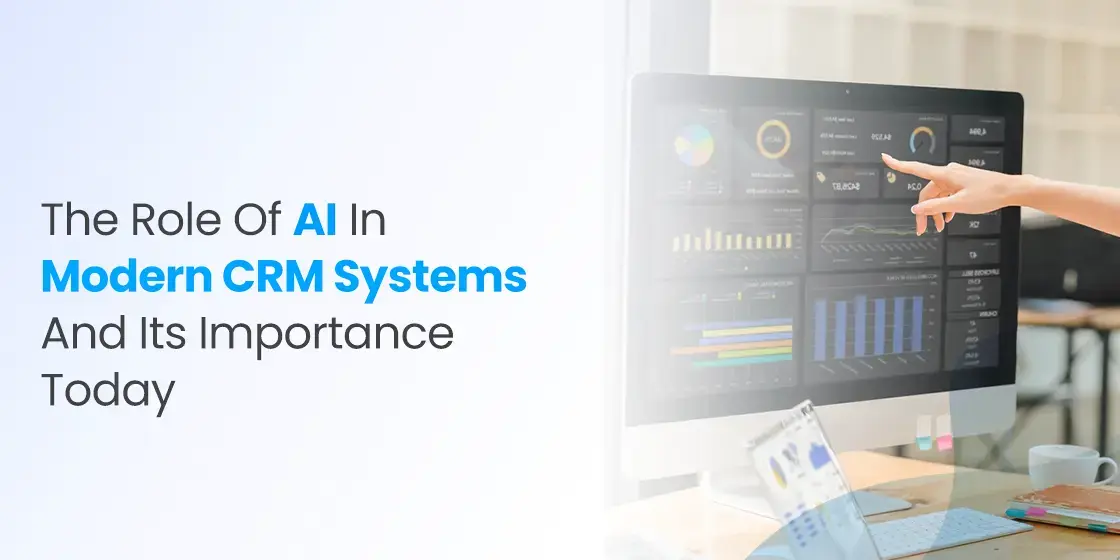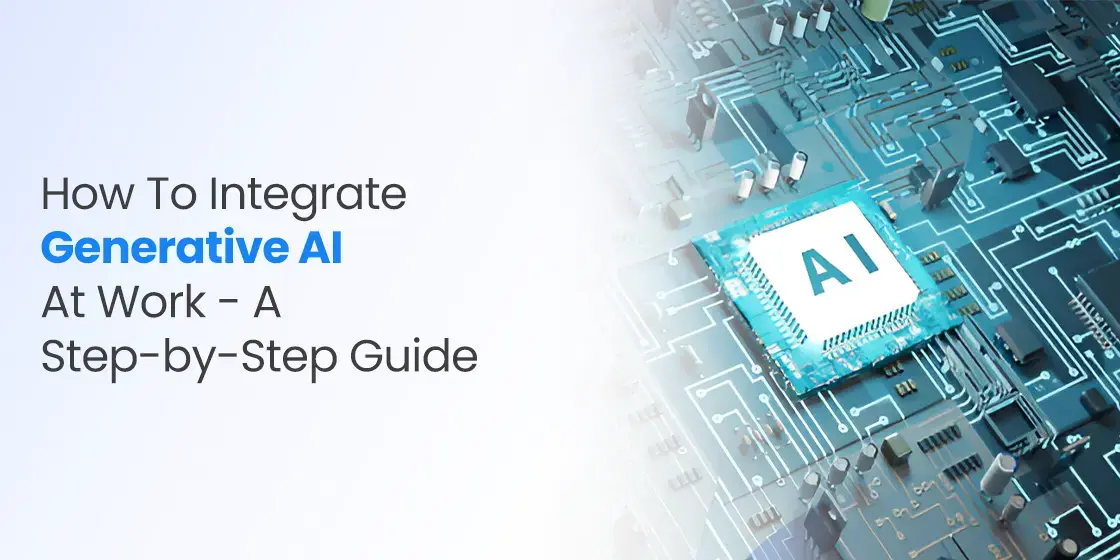Table of Content
Discover How the Addition of AI in Modern CRM is Improving Customer Experience
In today’s hyper-competitive business landscape, building strong customer relationships is paramount for success. Customer Relationship Management (CRM) systems have emerged as indispensable tools for businesses of all sizes, providing a centralized hub for managing customer interactions, tracking sales data, and nurturing leads.
However, the integration of Artificial Intelligence (AI) is revolutionizing CRM systems, transforming them from mere data repositories into powerful engines of customer intelligence and personalized engagement. AI is rapidly transforming various aspects of our lives, and its impact on CRM is profound.
By leveraging AI technologies like machine learning, natural language processing (NLP), and predictive analytics, businesses can gain deeper insights into customer behavior, automate repetitive tasks, and personalize customer interactions at an unprecedented scale.
This shift towards AI-powered CRM systems is not just a technological advancement; it’s a fundamental transformation in how businesses understand and interact with their customers. Join us as we discover the role of AI in modern CRM systems, as developed by professional enterprise software development services.
Let’s begin.
The Rising Popularity of AI in Modern CRM Systems – An Exploration
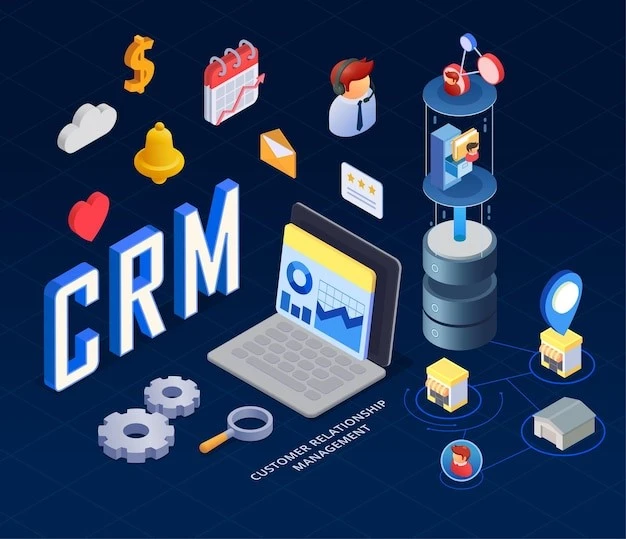
The increasing popularity of AI in modern CRM systems can be attributed to several key factors. Firstly, the explosion of customer data generated from various sources, such as social media, e-commerce platforms, and customer service interactions, has created an overwhelming amount of information for businesses to analyze and interpret.
AI algorithms can efficiently process and analyze this vast amount of data, identifying patterns, trends, and valuable insights that would be impossible for humans to discern manually. And if you are intimately aware of what does a CRM do, then you know about the massive amounts of data modern systems generate on a daily basis.
Secondly, the increasing customer expectations for personalized experiences are driving the demand for AI-powered CRM solutions. Customers today expect businesses to understand their individual needs and preferences, and to provide tailored experiences across all touchpoints. AI enables businesses to personalize their interactions with customers at scale, delivering customized offers, recommendations, and support experiences that resonate with individual needs.
Furthermore, the advancements in AI technologies, such as machine learning, deep learning, and natural language processing, have made it possible to develop more sophisticated and effective CRM solutions. These technologies enable AI-powered CRM systems to perform a wide range of tasks, from automating routine tasks like data entry and lead qualification to providing predictive insights into customer behavior and identifying potential churn risks.
The Role of Artificial Intelligence in Customer Experience Today
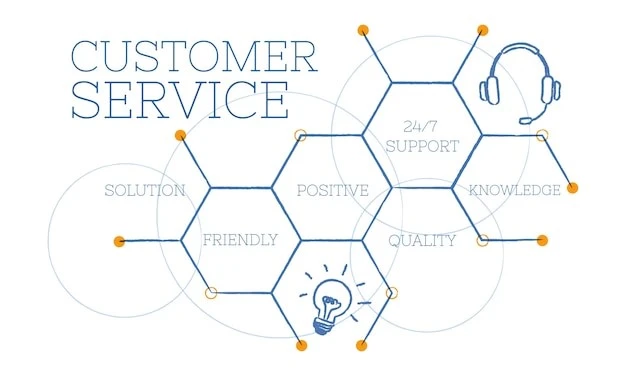
AI plays a crucial role in enhancing the customer experience by enabling businesses to improve their functions in various ways through different AI SaaS products, described below in detail. By leveraging the power of AI, businesses can create more personalized, efficient, and engaging customer experiences, building stronger relationships with their customers and driving business growth.
Personalize Customer Interactions
AI algorithms can analyze customer data to identify individual preferences, purchase history, and browsing behavior. This information can then be used to personalize marketing campaigns, product recommendations, and customer service interactions, creating a more engaging and relevant experience for each customer.
Improve Customer Service
AI-powered chatbots and virtual assistants can provide instant support to customers, answering their questions, resolving issues, and guiding them through self-service options. This not only improves customer satisfaction but also frees up human agents to focus on more complex issues.
Predict Customer Behavior
By analyzing historical data and identifying patterns, AI algorithms can predict customer behavior, such as future purchases, churn risk, and likelihood to upgrade. This information can be used to proactively address customer needs, anticipate potential issues, and improve customer retention.
Gain Deeper Customer Insights
AI-powered analytics can uncover valuable insights into customer preferences, behaviors, and sentiment. This data can be used to improve product development, refine marketing strategies, and make more informed business decisions.
Popular Benefits of AI in Modern CRM
The integration of AI into CRM systems offers numerous benefits for businesses, including:
- Increased efficiency and productivity: AI automation can streamline repetitive tasks, such as data entry, lead qualification, and appointment scheduling, freeing up sales and marketing teams to focus on more strategic activities.
- Improved customer satisfaction: Personalized experiences, faster response times, and proactive support can significantly enhance customer satisfaction and loyalty.
- Enhanced lead scoring and qualification: AI algorithms can analyze lead data to identify the most promising prospects, enabling sales teams to prioritize their efforts and focus on the most qualified leads.
- Improved sales forecasting: AI-powered predictive analytics can help businesses forecast future sales trends, identify potential risks, and make more informed business decisions.
- Better customer segmentation: AI can segment customers based on their behavior, preferences, and demographics, enabling businesses to tailor their marketing messages and offers to specific customer groups.
- Enhanced customer retention: By identifying at-risk customers and proactively addressing their concerns, businesses can reduce customer churn and improve customer retention rates.
- Gained competitive advantage: Businesses that leverage AI in their CRM systems can gain a significant competitive advantage by delivering superior customer experiences and making more data-driven decisions. And that too even after factoring in the AI development cost.
By harnessing the power of AI, businesses can transform their CRM systems from mere data repositories into powerful engines of customer intelligence and engagement.
Common Challenges That Plague the Use of AI in CRM Systems
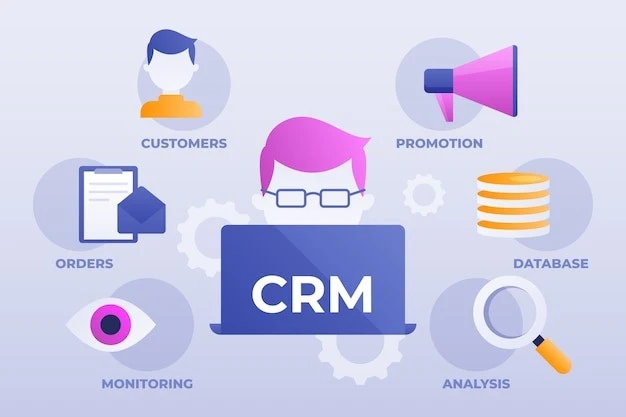
While AI offers numerous benefits, there are also challenges associated with the implementation of AI in modern CRM systems. Addressing these challenges requires a multi-faceted approach, including investing in data quality initiatives, implementing robust security measures, ensuring ethical AI development and deployment, and providing adequate training and support to employees.
Data Quality and Integrity
The effectiveness of AI algorithms heavily relies on the quality and accuracy of the data they are trained on. Inaccurate or incomplete data can lead to biased results, inaccurate predictions, and ultimately, ineffective CRM strategies.
Data Privacy and Security
As AI systems collect and analyze vast amounts of customer data, concerns about data privacy and security are paramount. Businesses must ensure that customer data is collected, stored, and used responsibly, in compliance with relevant data protection regulations such as GDPR and CCPA.
Ethical Considerations
The ethical use of AI in CRM is crucial. Businesses must ensure that AI algorithms are not used to discriminate against certain customer groups or to manipulate customer behavior. Transparency and explainability of AI algorithms are also important to build trust with customers.
Integration Challenges
Integrating AI seamlessly into existing CRM systems can be challenging. This may involve significant technical expertise, data integration efforts, and potential disruptions to existing workflows.
Skill Gap and Training
Implementing and effectively utilizing AI-powered CRM systems requires a skilled workforce. Businesses need to invest in training and development programs to equip their employees with the necessary skills to leverage AI effectively.
Bias in AI Algorithms
AI algorithms are trained on historical data, which may reflect existing biases and inequalities. This can lead to biased outcomes, such as discriminatory lending practices or unfair targeting of certain customer groups.
What Does the Future Hold for AI in Modern CRM Systems?
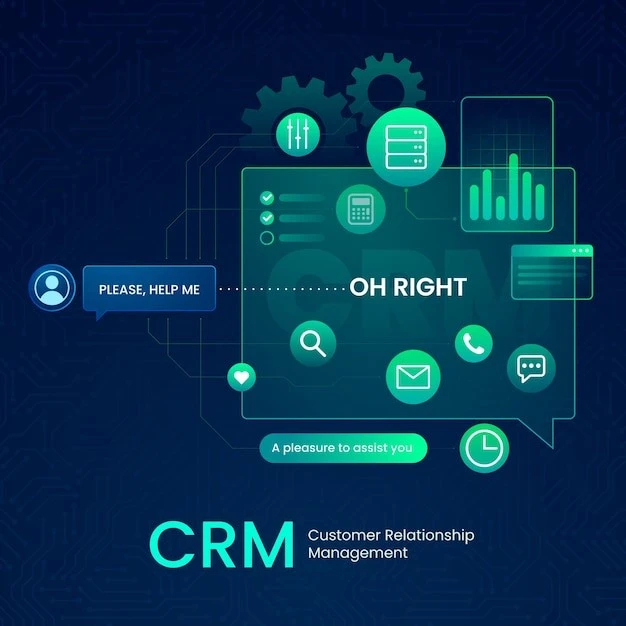
The future of AI in modern CRM is bright and full of promise. As AI technologies continue to evolve, we can expect to see even more sophisticated and innovative applications within CRM systems.
- Predictive Customer Lifetime Value: AI algorithms will become increasingly adept at predicting customer lifetime value, enabling businesses to prioritize high-value customers and tailor their engagement strategies accordingly.
- Hyper-Personalization: AI will enable businesses to deliver truly hyper-personalized experiences, anticipating individual customer needs and preferences with unprecedented accuracy.
- Enhanced Customer Service: AI-powered chatbots and virtual assistants will become even more sophisticated, providing more human-like interactions and resolving customer issues more effectively.
- Predictive Maintenance: AI business process automation can be used to predict and prevent potential customer churn by identifying at-risk customers and proactively addressing their concerns.
- Increased Automation: AI will continue to automate many routine tasks, freeing up human resources for more strategic and value-added activities.
However, the successful integration of AI into CRM systems will require a continuous learning process, ongoing innovation, and a commitment to ethical and responsible AI development. By addressing the challenges and embracing the opportunities presented by AI, businesses can unlock the full potential of their CRM systems and build stronger, more meaningful relationships with their customers.
Conclusion
The integration of AI into modern CRM systems is transforming the way businesses interact with their customers. By leveraging the power of AI, businesses can gain deeper insights into customer behavior, automate repetitive tasks, personalize customer experiences, and make more data-driven decisions.
While challenges such as data quality, privacy concerns, and ethical considerations need to be carefully addressed, the potential benefits of AI-powered CRM are significant. By embracing AI and continuously adapting to the evolving technological landscape, businesses can build stronger customer relationships, drive revenue growth, and gain a competitive edge in today’s dynamic market.
The future of CRM lies in the intelligent and ethical use of AI. By harnessing the power of this transformative technology, businesses can unlock new levels of customer engagement, build stronger relationships, and achieve unprecedented levels of success.
Empower your digital initiatives with BariTechSol, a premier custom software development company. Our skilled team tailors cutting-edge solutions to your unique needs. Elevate your tech experience and stay ahead in the digital realm. Partner with BaritechSol and code the success of your next big idea.
